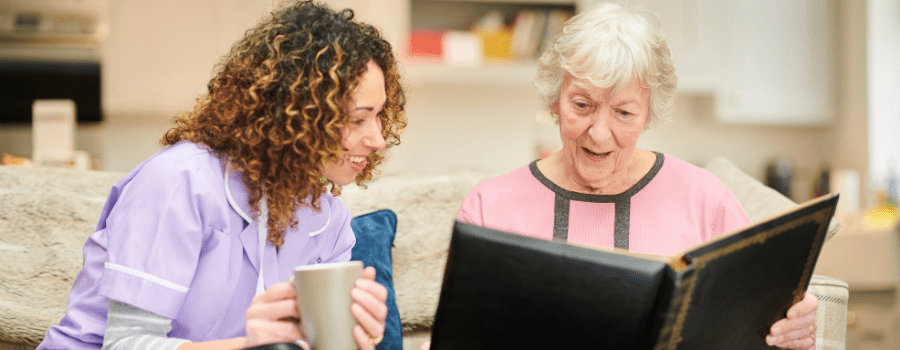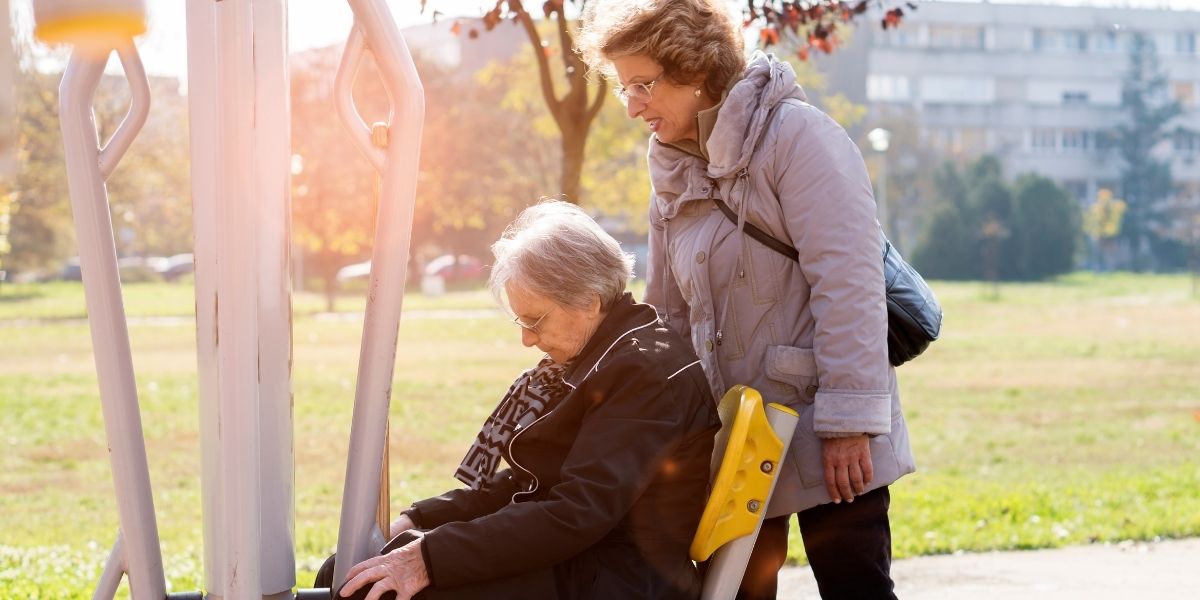You can get in touch with this author at:
What to Know about a Person with Memory Loss
Many adults worry about memory loss and mental decline when they get old. It is a serious concern because it would make daily life difficult for them and prevent them from living their years fully. Memory is part of life and life without it is unthinkable.
More often, dementia or Alzheimer’s disease is the culprit for this memory loss. But there are other conditions, such as Huntington’s disease or Creutzfeldt-Jakob’s disease that could cause it.
Dementia is not a specific disease, but rather a collection of diseases that lead to cognitive decline. And while this is common, it is important to remember that dementia is not a normal part of aging. Here is a quick glance at the difference between normal aging and dementia:
Normal aging | Symptoms of dementia |
| Making bad decisions once in a while | Making poor judgements and decisions more frequently; Trouble with problem-solving and reasoning |
| Difficulties in accomplishing complex tasks | Taking longer in getting easy tasks done; Decline in coordination with motor functions |
| Forgetting which day it is and remembering it later | Losing track of date and time in a year |
| Sometimes forgetting a word to use | Trouble having a conversation and articulating a complete thought |
| Losing things from time to time | Misplacing things often and inability to find them; Confusion and disorientation |
Once you notice these symptoms and when a change in behavior becomes evident in your eldelry loved one, it is time to consult a medical practitioner. They might need extra caregiving and professional attention. Assisted living with services for memory loss could also be the best place for seniors.
7 Advice to Help Your Loved One
1. Prioritize your own health and well-being
Yes, your loved one with memory problems is in a much fragile situation right now. But the National Institute on Aging reminds caregivers to take care of themselves first. Being in overall good health will help you be in better shape in protecting yourself and taking care of your loved one. You can start by eating healthy and getting into annual checkups.
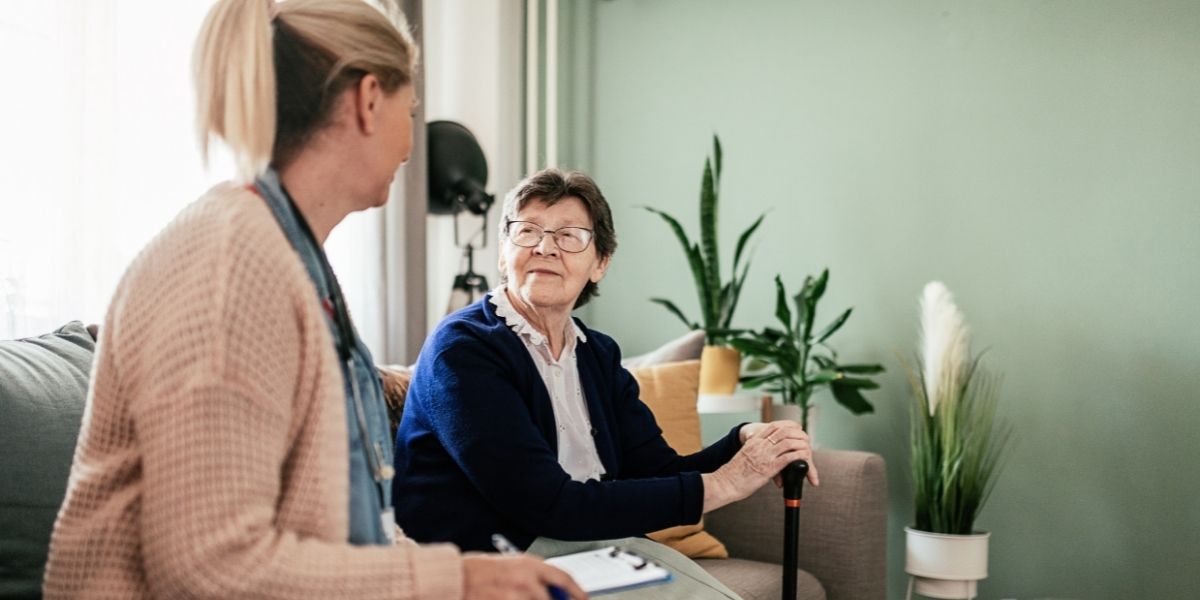
2. Learn, learn, learn
Study the specific condition of your loved one. There are different types of dementia, with different sets of causes, symptoms, and treatments, and having a good handle on these could help you come up with a better approach on caregiving.
3. Be calm and consistent
Memory loss is a stressful experience for your loved one suffering from it and for your entire family. Crying, yelling, and arguing could be common scenarios at home, so it is best to mitigate these situations.
Having a clear and regular routine could help you calm things down, eliminate stress, and avoid frustrations with your loved one.

4. Make things obvious and expected
When suffering memory loss, misplacing things would be all too common in the house. Whether it is misplacing keys or not remembering at all where the car is parked, these are real stressful scenarios that could be avoided.
Avoid these by keeping things in obvious and expected places. Place mugs in their coffee corners and keys in a bowl by the door. Also use labels that could guide them through the house, and it is always a good idea to have backups for specific items like keys and reading glasses.
5. Break down complex tasks
For people with memory loss, a simple everyday activity could be a complex task for them – which could lead to frustrating and demoralizing experiences altogether. Help them out by breaking down complex chores to simpler tasks for them to be manageable. One thing that could also help is changing how things are laid out in your home – organizing things with how function flows, and creating a more conducive atmosphere at home.
Assisted living homes in Laguna Niguel are designed to make living spaces for the elderly intuitive, distraction-free, and easy to navigate for the elderly.
6. Maintain an active lifestyle
Exercising can help the elderly practice their motor skills and relieve stress. The Alzheimer’s Association also suggest ways to include exercise in the daily routine of the elderly:
- Dance together in their favorite music
- Enjoy walks outdoor or in the mall
- Do sit-down exercises at home
- Try out gardening or other activities
Communities for senior living have specialized activities for their residents that help incorporate and maintain exercise in their daily lives.
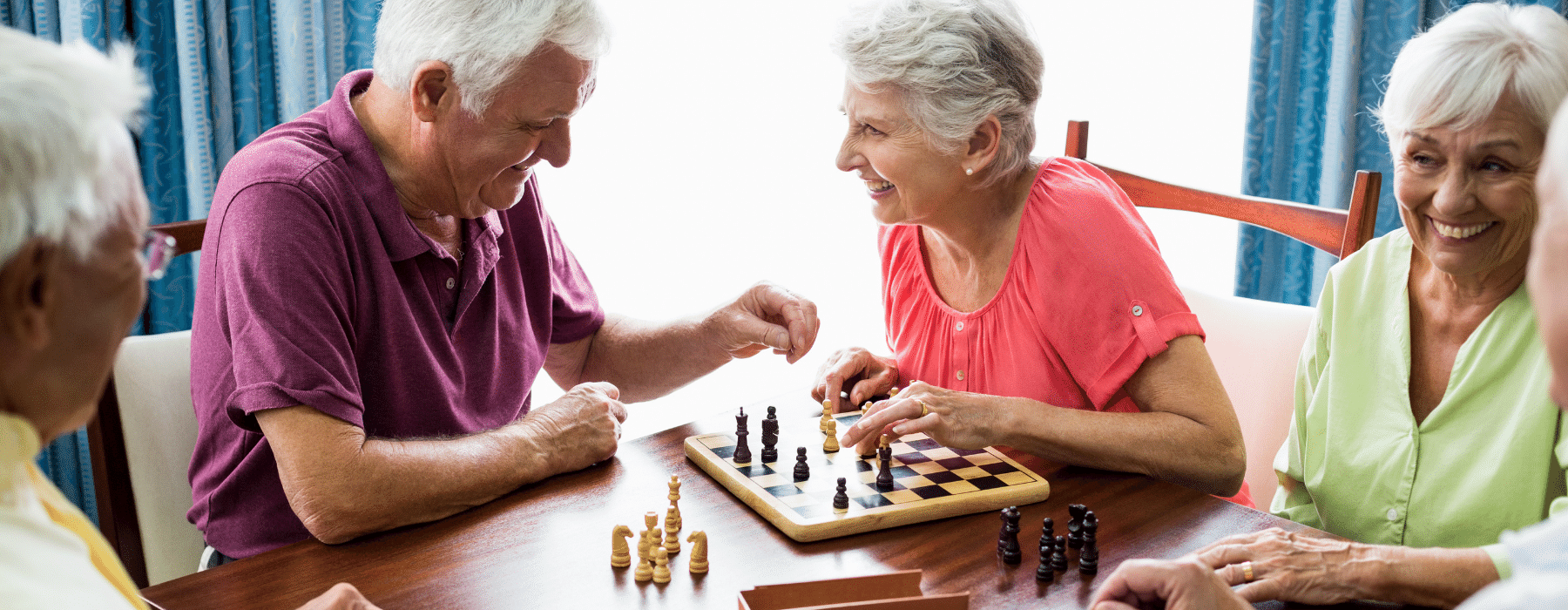
7. Collaborate and find a community
Even though their health conditions are already limiting their actions, independence remains an extremely important matter for older adults. And despite their memory loss, you can still make sure that their sense of independence is maintained.
Talk to them about how their case could be managed. Connect them with other adults so they could socialize and find some additional support. Assisted living homes in Laguna Hills are great places to find these communities for your loved one.
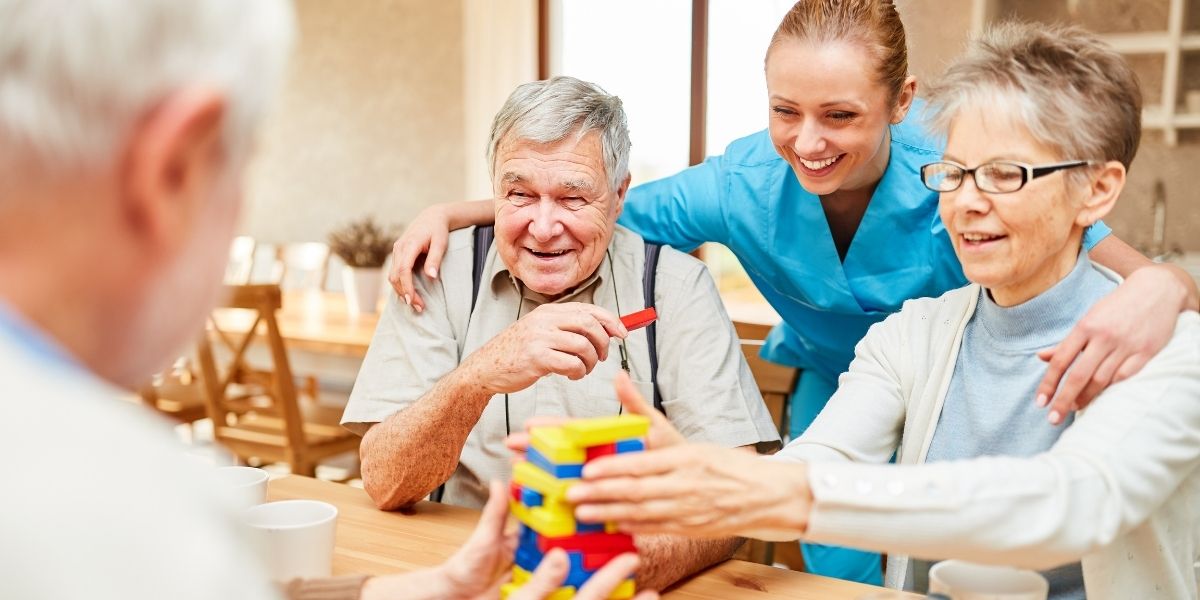
Give the Best Care
Caring for our aging loved ones is already a difficult task, but it becomes a lot more complicated if the elderly have memory loss. Problems with memory can make it hard for someone to remember cherished events, make practical chores and everyday tasks more arduous, and maintaining health and medication schedules a lot more challenging.
Whether they are experiencing Alzheimer’s Disease or another type of dementia, they are in need of proper care to have quality and enjoyable golden years. BestPlace4Seniors can help you find the perfect community for your elderly loved one, whether it is local in your area or in another state.



